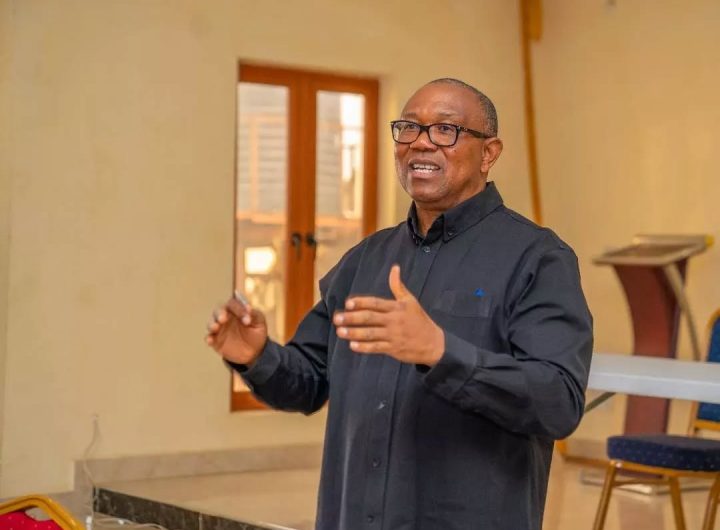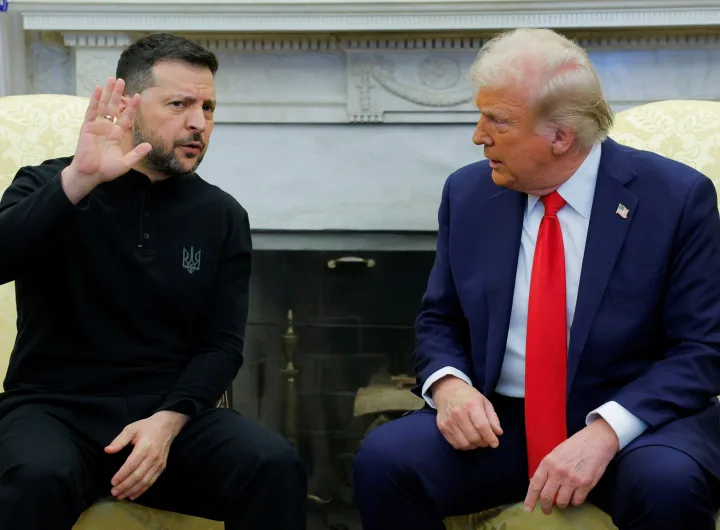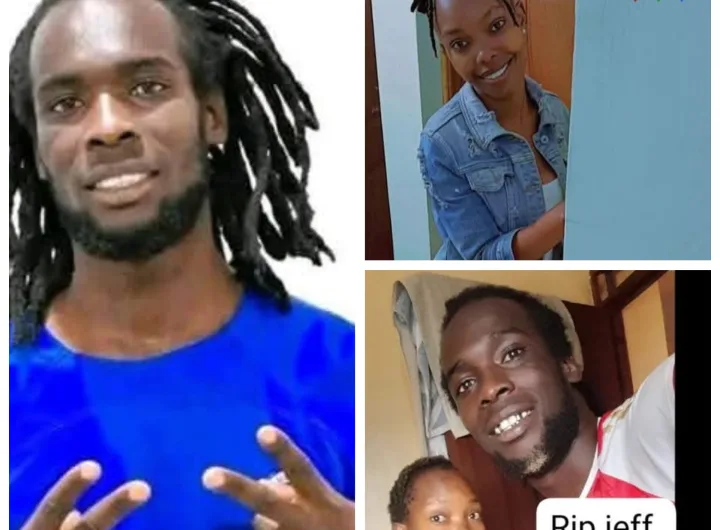
President Kagame and First Lady Jeannette during the commemoration ceremony/Reuters
The 1994 genocide in Rwanda was one of the greatest tragedies the world witnessed in the 20th century.
President Paul Kagame of Rwanda led commemorations marking 30 years since the 1994 genocide on Sunday, April 7, 2024.
Over 1 million people were killed during the genocide which started on April 7, 1994 and lasted for more than 100 days.
Tutsis and moderate Hutus were the major victims of the tragedy as they were massacred systematically by Hutu extremists who were led by the Rwandan army and the Interahamwe militia group.
President Kagame, who was accompanied by his wife Jeannette, led a total of 37 visiting world leaders during a wreath-laying ceremony at a genocide memorial that contains the remains of at least 250,000 people in the country’s capital, Kigali.

Related: Hotel Rwanda Hero, Paul Rusesabagina, Bags 25Years Jail Sentence
During the event, Kagame vowed that the conditions that led to the genocide would never be allowed again in the politics of the East African country.
“Genocide is populism in its pure form; because the causes are political, the remedies must be as well,” Kagame said during another ceremony at a sports arena in Kigali.
“For that reason, our politics are not organised on the basis of ethnicity or religion and never will be again.
“Our people will never be left for dead again.”
One of the survivors of the genocide, Marie Louise Ayinkamiye, who was eleven at the time, told the audience that “we survivors we are strong. We will build the country together.”

President Paul Kagame has been in power since the year 2000, but has been very active since his rebel force known as the Rwandan Patriotic Front moved into Kigali and ended the genocide in 1994.
“The tremendous progress of our country is plain to see and is a result of the choices we made together to resurrect our nation,” he said while delivering his speech.
After the genocide in 1994, an International Criminal Tribunal for Rwanda was set up in Tanzania.
The tribunal was closed in 2015 after the conviction of 61 suspects. Rwanda’s justice system has handled at least 2 million cases relating to the genocide.

 Trump Warns Putin Of Tariffs Over Ukraine War
Trump Warns Putin Of Tariffs Over Ukraine War  Peter Obi Condemns National Assembly’s Vote On State Of Emergency In Rivers State
Peter Obi Condemns National Assembly’s Vote On State Of Emergency In Rivers State  Pornographic Actor Anna Polly Falls And Dies From Hotel Balcony While Filming
Pornographic Actor Anna Polly Falls And Dies From Hotel Balcony While Filming  NYSC Members Set To Receive Monthly Allowance Of 77,000 From March
NYSC Members Set To Receive Monthly Allowance Of 77,000 From March  Why Trump Kicked Ukrainian President Zelenskyy Out Of The White House
Why Trump Kicked Ukrainian President Zelenskyy Out Of The White House  Zoe Saldaña Is The First Dominican-American To Win An Oscar; See All The Winners
Zoe Saldaña Is The First Dominican-American To Win An Oscar; See All The Winners  Commercial Motorbike Rider Fatally Stabbed By Wife Over Financial Dispute
Commercial Motorbike Rider Fatally Stabbed By Wife Over Financial Dispute